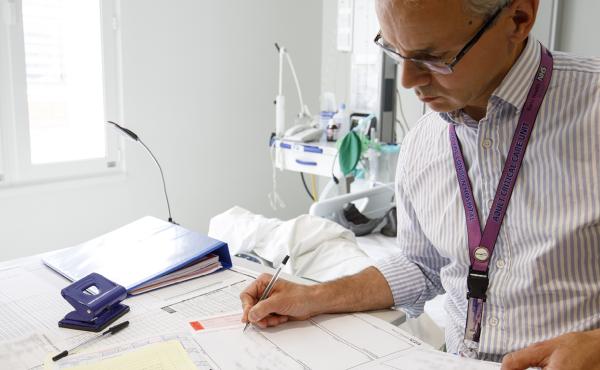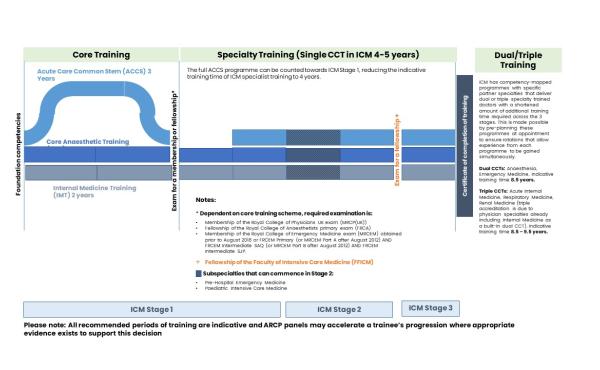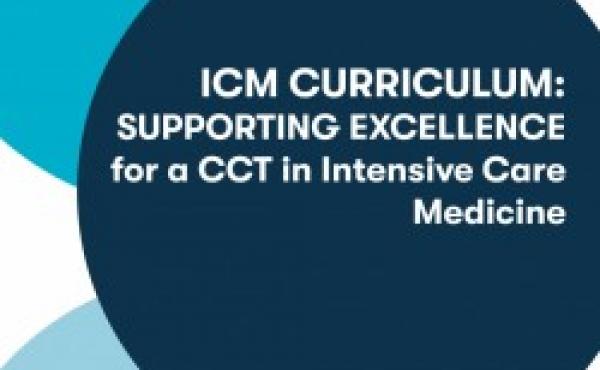Regional Post Information & Unit Briefs
ICM training posts are available across the UK
FICM Regional Advisors approve units to deliver CCT training in ICM. This provides a range of opportunities across the length and breadth of the UK. Search the regions below and select the individual unit briefs for each hospital for more details on the ICM training available in your area.
Posts in each region are set locally and advertised as part of the annual National Recruitment process for posts commencing in August. This is organised by the ICM National Recruitment Office (ICMNRO).
You will find summaries of the training setup in each region below. Once you have navigated to one of the regional post & training information pages, you will then be able to view any unit briefs that have been submitted to us describing the various hospitals offering ICM training in the region.
Want to know more?
Browse our Training pages.



